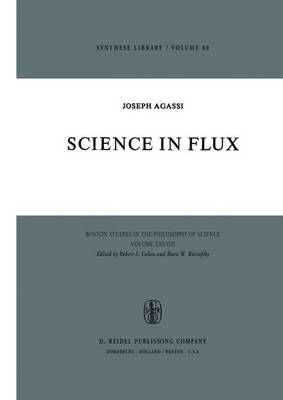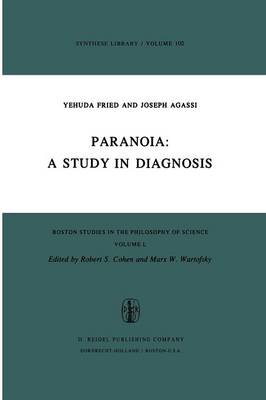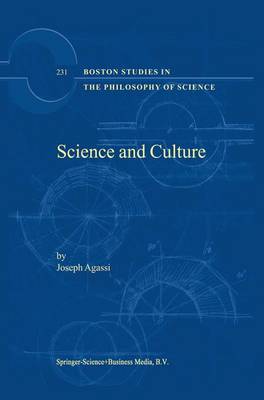Boston Studies in the Philosophy and History of Science
3 primary works
Book 28
Book 50
Book 231
This work addresses scientism and relativism, two false philosophies that divorce science from culture in general and from tradition in particular. It helps break the isolation of science from the rest of culture by promoting popular science and reasonable history of science. It provides examples of the value of science to culture, discussions of items of the general culture, practical strategies and tools, and case studies. It is for practising professionals, political scientists and science policy students and administrators.


